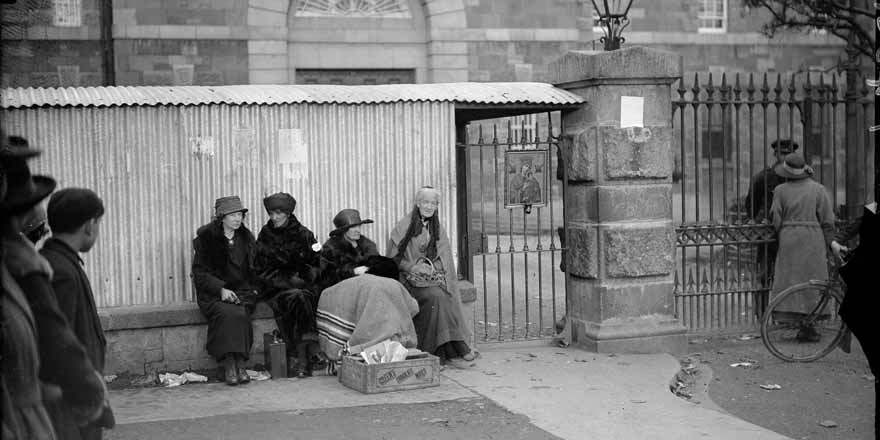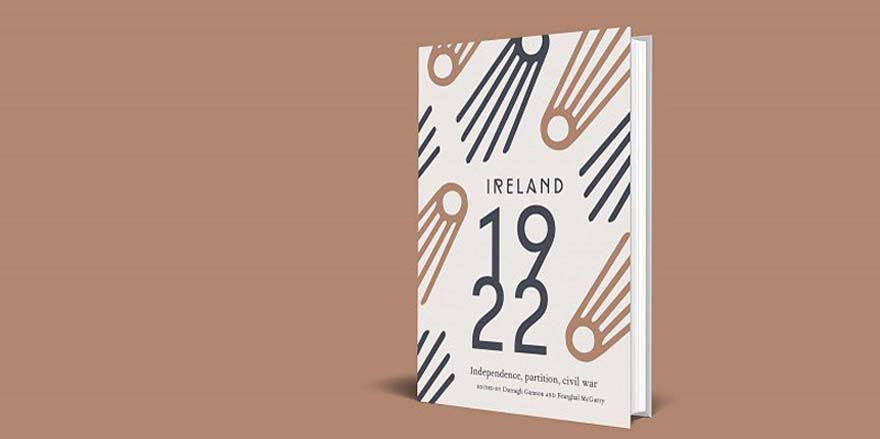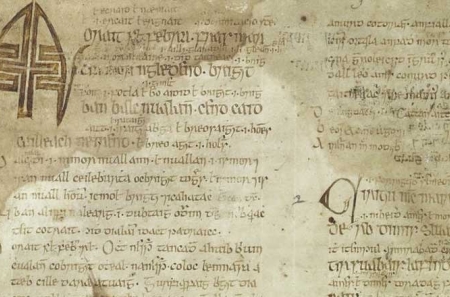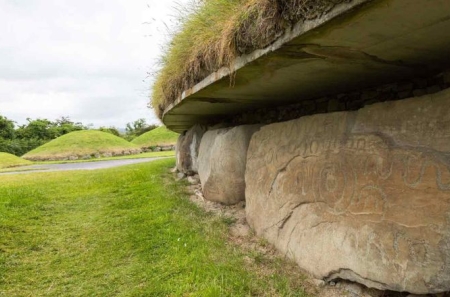
4 November 1922: Mary MacSwiney's hunger strike
04 November 2022Read Diarmaid Ferriter's essay on "The Sanctity of Oaths" on Century Ireland.
Ireland 1922, edited by Darragh Gannon and Fearghal McGarry, features 50 essays from leading international scholars that explore a turning point in history, one whose legacy remains controversial a century on. Building on their own expertise, and on the wealth of recent scholarship provoked by the Decade of Centenaries, each contributor focuses on one event that illuminates a key aspect of revolutionary Ireland, demonstrating how the events of this year would shape the new states established in 1922. Together, these essays explore many of the key issues and debates of a year that transformed Ireland.
In collaboration with Century Ireland(link is external), we are making the 50 essays freely available online. Today's essay is by Diarmaid Ferriter and it details the story of Mary MacSwiney's hunger strike.
The imprisonment and three-week hunger strike of Mary MacSwiney, which began in Dublin on 4 November 1922, generated national and international controversy. The episode illuminated key themes relating to the civil war, including the political divide prompted by the Anglo-Irish Treaty, the strategies and rhetoric adopted by both sides, gender, religion, emotion, and the internationalising of the Irish question. Revisiting the MacSwiney hunger strike of 1922 offers an opportunity to examine the extent of distortion, caricature and the fashioning of contentious and partisan narratives arising from that most controversial of years.
MacSwiney, who first came to prominence as a suffragette, was elected to the Dáil for Cork city as well as being a member of Cumann na mBan’s national executive. She was one of six female Sinn Féin TDs in the Dáil in 1921, all of whom voted against the Treaty. A teacher, experienced public orator and eminently quotable debater, she spoke for two hours and forty minutes during the Treaty debate; the longest contribution of anyone. Continue reading (you will be redirected to the website of Century Ireland)
Ireland 1922, edited by Darragh Gannon and Fearghal McGarry, is published by the Royal Irish Academy with support from the Department of Tourism, Culture, Arts, Gaeltacht, Sport and Media under the Decade of Centenaries 2012-2023 programme.




